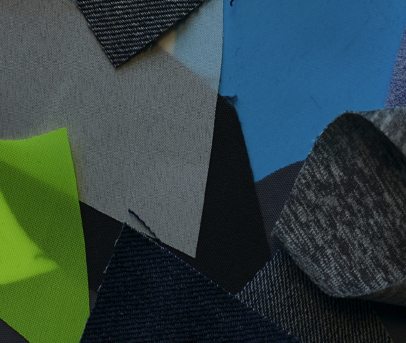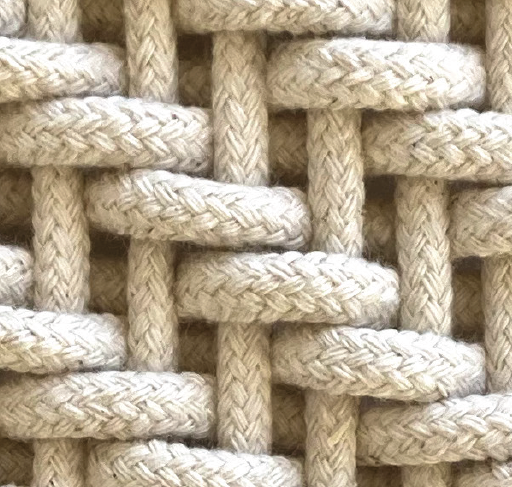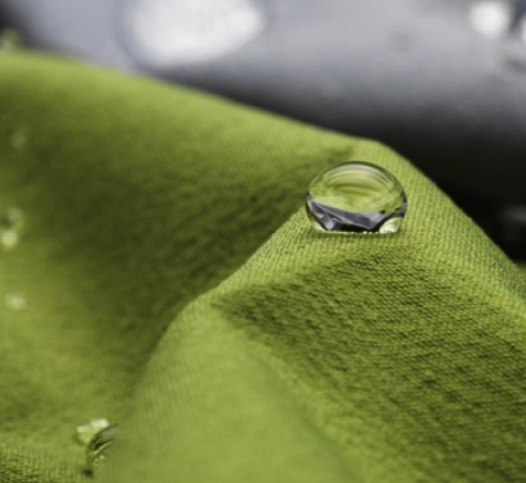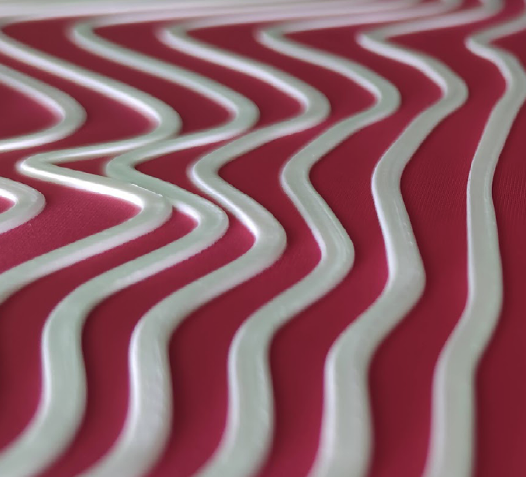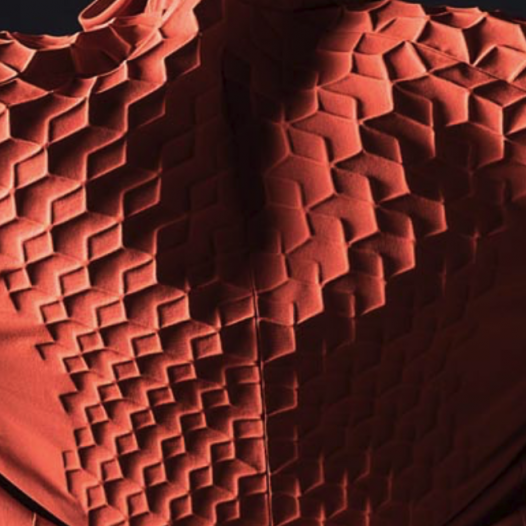Textile recycling technologies
Textile fiber recycling may be performed via mechanical or chemical recycling, the latter being less commonly used since it still represents a scenario under development: available solutions may require further perfecting, or not be economically convenient, or suitable, yet, for XL volumes, as the market may require. Recycling processes via thermomechanical means frequently results in a loss of mechanical properties [...]
Scaling textiles
This OER aims to provide students within higher education with a better understanding of the parameters that define the experience (visual, tactile and structural) of a textile surface and how systematic changes of these parameters (3 bindings and 3 different base materials) influence the experience. A better understanding of these parameters is important when developing [...]
Reduced environmental impact fibres
Determined by the increased speed with which nowadays it is possible to manufacture garments and accessories, and consequently fashion is delivered to consumers, paralleled by a significant fall in prices, in only a few decades a rise of 40% of the amount of clothes bought per person in the EU has been registered, causing fashion clothing purchasing habits to [...]
New frontier textile
In this unit will be presented, in an experimental set-up, the contribution that digital fabrication technologies can offer in the Textile field to explore new types of conceivable products and processes. In particular, starting from an excursus that identifies the democratization of technologies, the customization of production and the independence of distribution as real drivers of change, the focus [...]
Specialty textile products
Visual representation tools and methodologies to help visualize and materialize business opportunities. The vast field of specialty textile products includes solutions developed in order to meet a highly differentiated range of specific requirements. Depending on the level of integration into the fabric platform, specialty functionalities may be tailored with high precision and can be obtained through intrinsic and [...]
